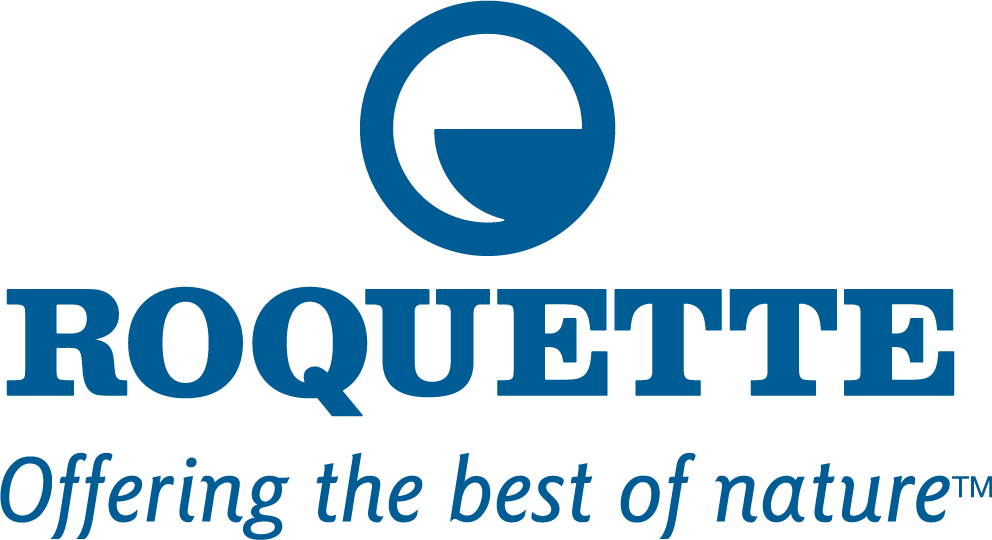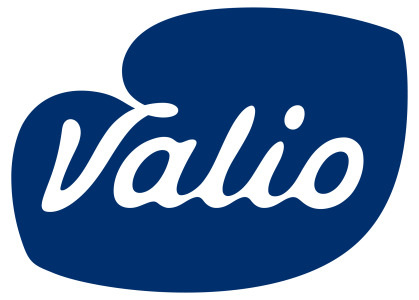sponsored content
Big Food’s plant meat moves signal rapid growth ahead
24 Jan 2019The market for plant-based meat alternatives has taken off over the past few years – but most market entries have been from relatively new companies. Product launches from established food industry giants like Nestlé are the strongest sign yet that the market still has a lot more room for growth.
Nestlé already introduced its vegetarian meat alternatives brand Garden Gourmet in the UK in May 2018, and its new plant-based burger will come under this brand. The difference is that this latest product is intended to compete directly with headline-grabbing brands like Impossible Foods and Beyond Meat. Dubbed The Incredible Burger, the soy- and wheat-derived burger represents a major new foray into vegan products.
Meanwhile, the Anglo-Dutch consumer packaged goods giant Unilever announced its own big move into meat alternatives in late 2018, when it announced it would acquire Dutch plant-based food company, The Vegetarian Butcher.
Both Nestlé and Unilever have been dabbling in the space for a while, but until recently, sales of vegetarian meat alternatives had been stagnant for years. However, from 2013 to 2017, the number of food and drink products with a vegan positioning has grown an average of 45% a year, according to data from Innova Market Insights. In Europe, 1.5% of new products were positioned as vegan in 2013, increasing to 7% in 2017.

Innovation in the category is not driven by vegans, but by the rising number of consumers who aim to reduce their meat consumption, often referred to as flexitarians. In Germany, for instance, 23% of consumers say they are eating more vegetarian foods than they were a year ago, like soy burgers and veggie sausages, according to Mintel.
This has led to a race to produce the most meat-like vegetarian products, catering to those who enjoy the taste of meat but are conscious of its health, sustainability and ethical implications. Even established meat alternative companies like Quorn have been inspired to refresh their offerings. In the UK, Quorn has just kicked off an innovation push with a new range of vegan fish alternatives.
Further down the supply chain, suppliers of alternative proteins, including Roquette, Cargill and Valio, have been investing in new production lines and facilities to keep up with demand. And according to Eurostat figures, the land area used to cultivate pulses in the EU increased by about 65% from 2013 to 2015.
The companies that started the ball rolling with plant-based products intended to really mimic meat – such as Impossible Foods and Beyond Meat – represent significant competition to the world’s biggest food firms, too. Beyond Meat has partnered with US fast food chain Carl’s Jr. to introduce a new plant-based burger, its largest partnership to date in the US, while Impossible Foods is said to have sold 13 million of its vegetarian burgers through partnerships with more than 5,000 restaurants.
With major companies like Nestlé and Unilever only just getting on board – and retailers only just beginning to make space on their shelves for new products – the trend for realistic meat alternatives may yet surpass industry’s most enthusiastic expectations.





